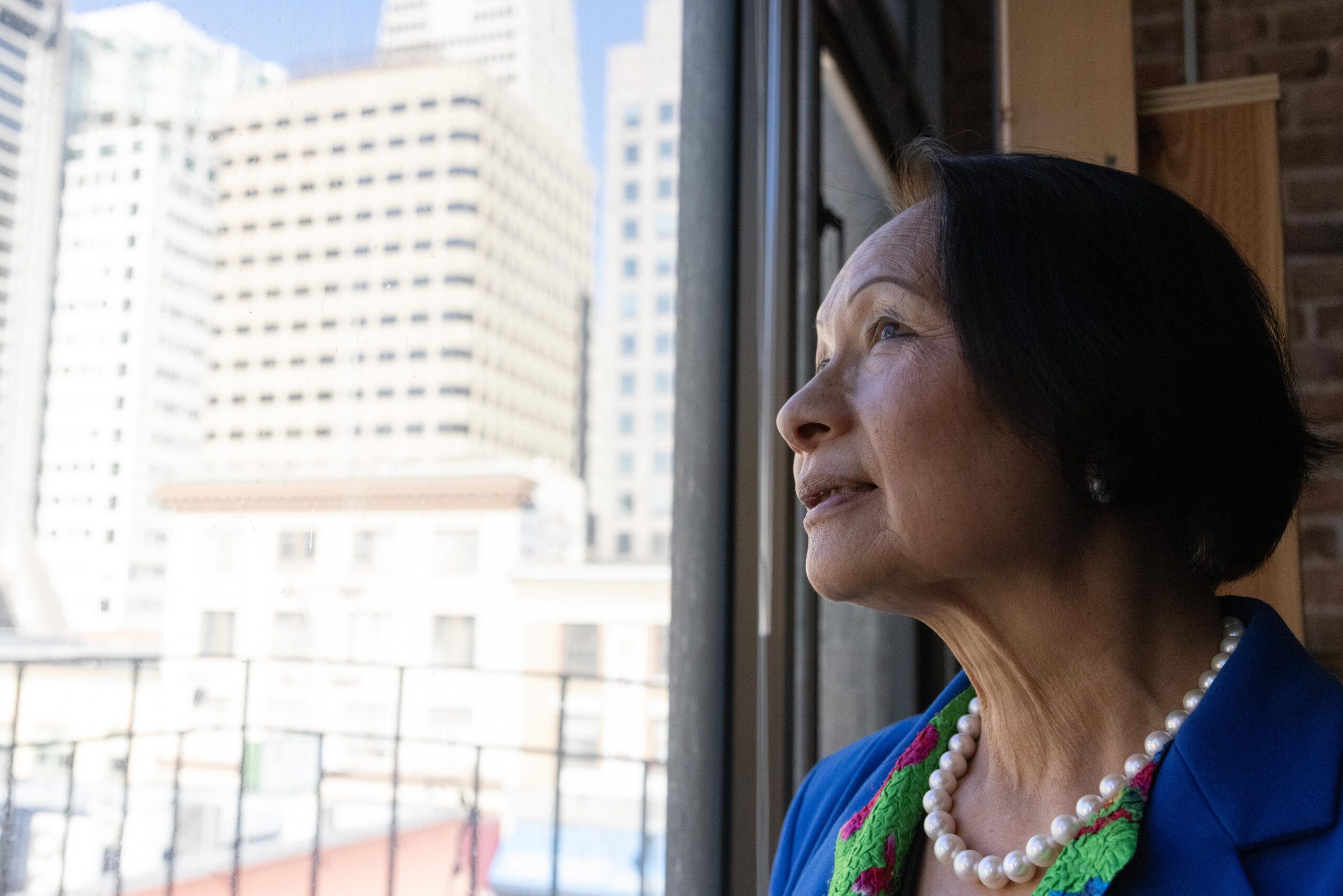When San Francisco commissioned a study in 1971 about the mental health of local children, it found that only one Chinese American kid in the city was receiving mental health treatment.
“There weren’t linguistically and culturally appropriate services,” retired mental health social worker Nancy Lim-Yee explained.
And as a result, she said, the vast majority of Chinese American children simply weren’t seeking the help they needed.
A year after that 1971 study, the Chinatown Child Development Center (CCDC) was established under federal funding and later became a program of the city’s Department of Public Health. Now, some 50 years after its founding, the organization is still fighting some of the same stigma that prevents Asian American families from getting their children psychiatric and psychological services.
Lim-Yee, 70—who worked at CCDC as the director until her retirement in 2014—told The Standard that because of the negative connotations in Chinese language to describe mental health, some Chinese American families hesitate to sign up for therapy and opt to hide the issues.
“In Chinese, we say 黐線(‘Chi Sin,’ meaning insane, crazy), 傻(‘Sho,’ stupid), instead of 精神健康 (psychiatric wellbeing),” Lim-Yee said. “In English, we tend to use more positive or neutral terms.”
Lim-Yee recalled that in the 1990s, the department was thinking of changing the name of the center to include the words “mental health,” but the staff pushed back strongly because they were afraid that would scare away families from asking for help.
For Chinese immigrant kids, experts say the need for mental health services should be more urgent, given the additional pressures they might face in the United States.
Normally, a child may face attention deficit disorders, depression, stress and anxiety. But Lim-Yee pointed out that lots of Chinese immigrant kids, who are in the process of adjustment and may live in a tiny, crowded space with limited financial resources, can experience more severe trauma that merits professional care.
For 50 years, the Chinatown center has been trying to eliminate that stigma against therapy—especially among immigrant parents of struggling kids.
This past week, the city hosted a block party in Chinatown to celebrate the half-century milestone. In a press release, Mayor London Breed and San Francisco Public Health Director Grant Colfax praised the nonprofit’s role in providing critical services to the Asian American community.
The half-century anniversary coincides with CCDC’s efforts to soon relocate to the Chinatown Public Health Center, where the nonprofit will enjoy a bigger space with more service capacity.
The expansion comes at a critical time, as services are in high demand.
CCDC Director Linda Wu told The Standard that the pandemic brought an uptick in severe mental health issues that require long-term treatment—issues that largely stem from children and young adults fearing for their own and ther family’s safety, while facing discrimination and getting picked on at school.
“There was so much shame and blame for the Covid-19 virus on the Asian and Pacific Islander population,” Wu said. “We’re definitely seeing a lot more trauma, depression and anxiety.”
